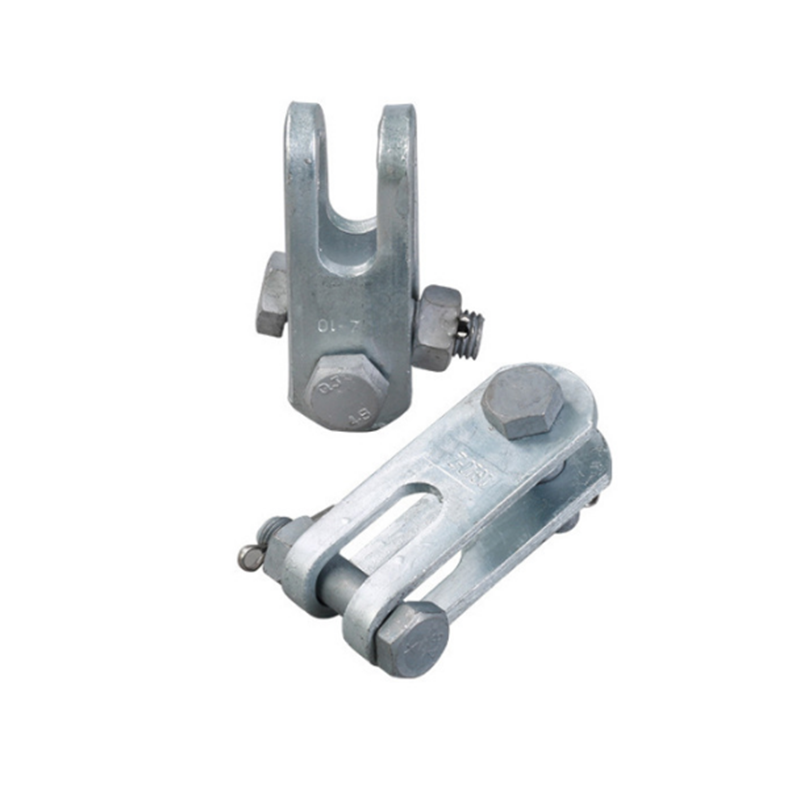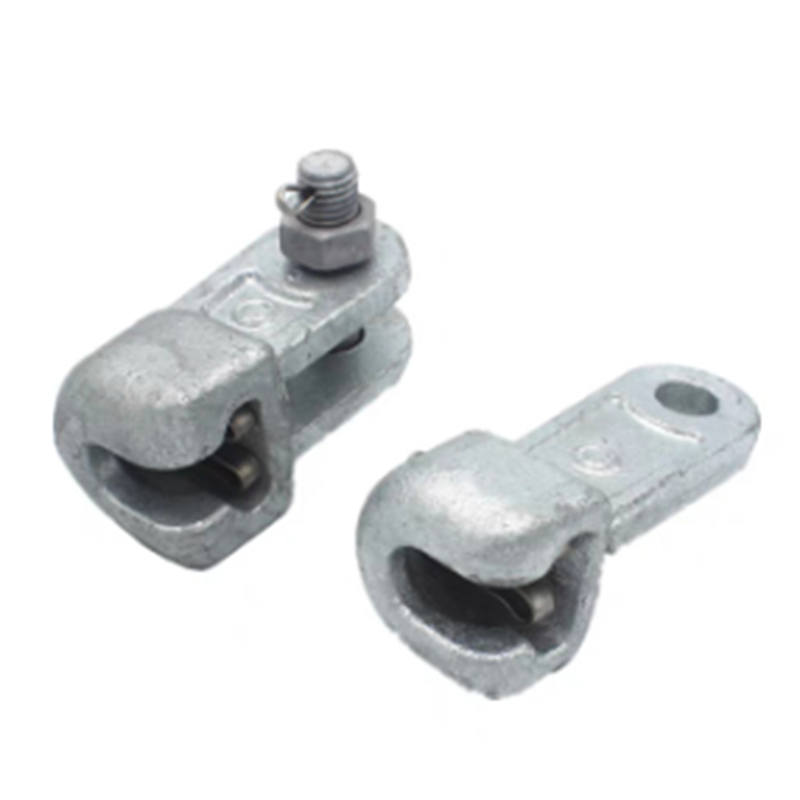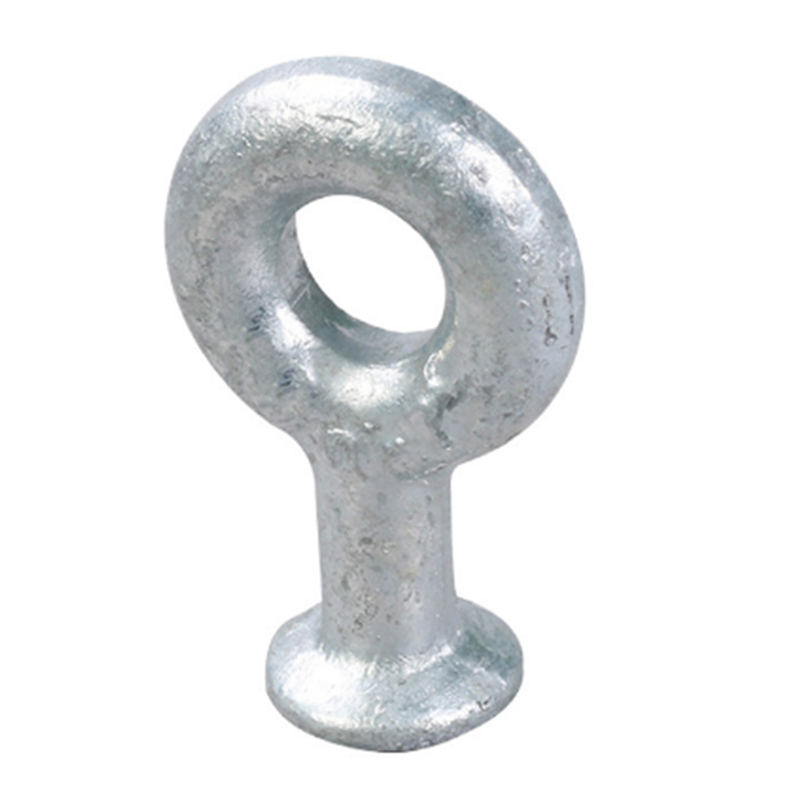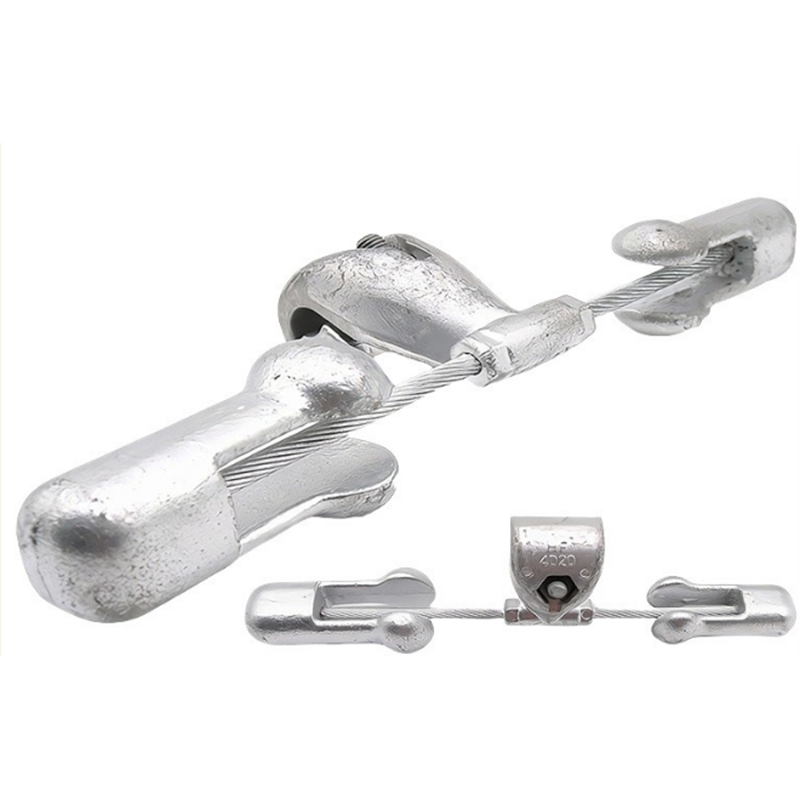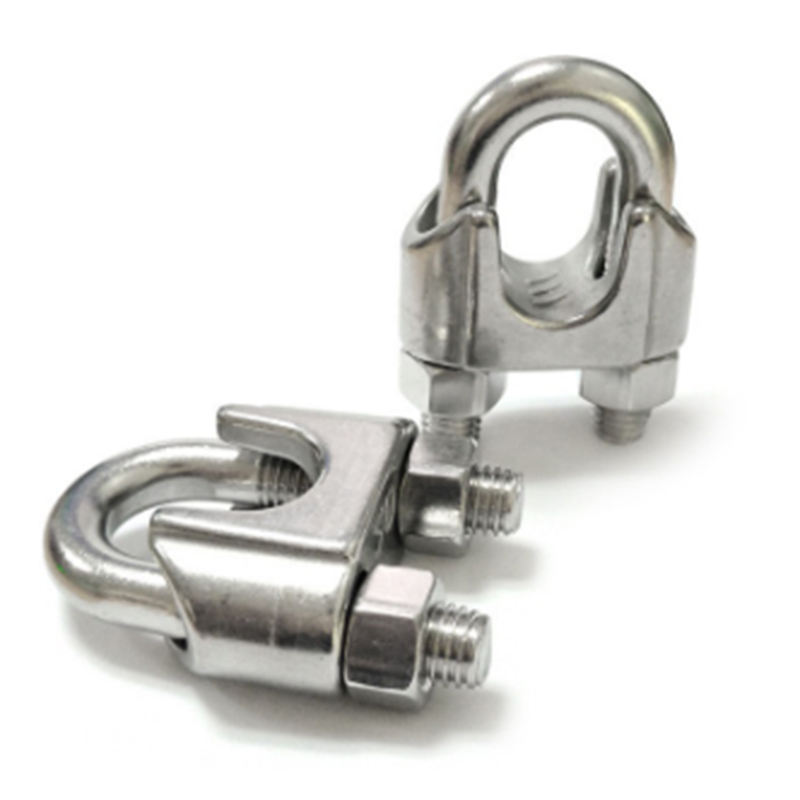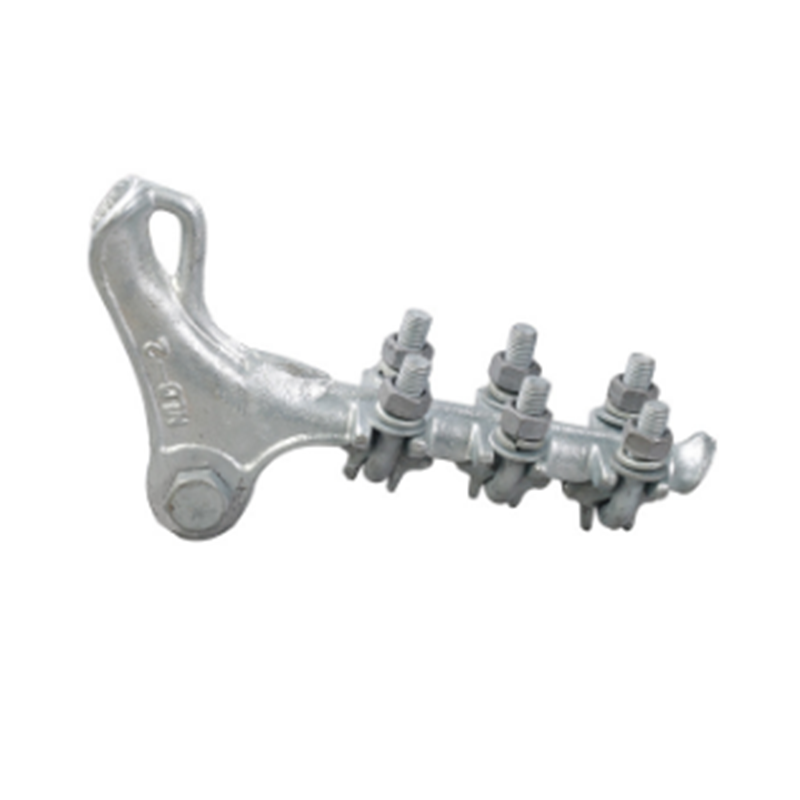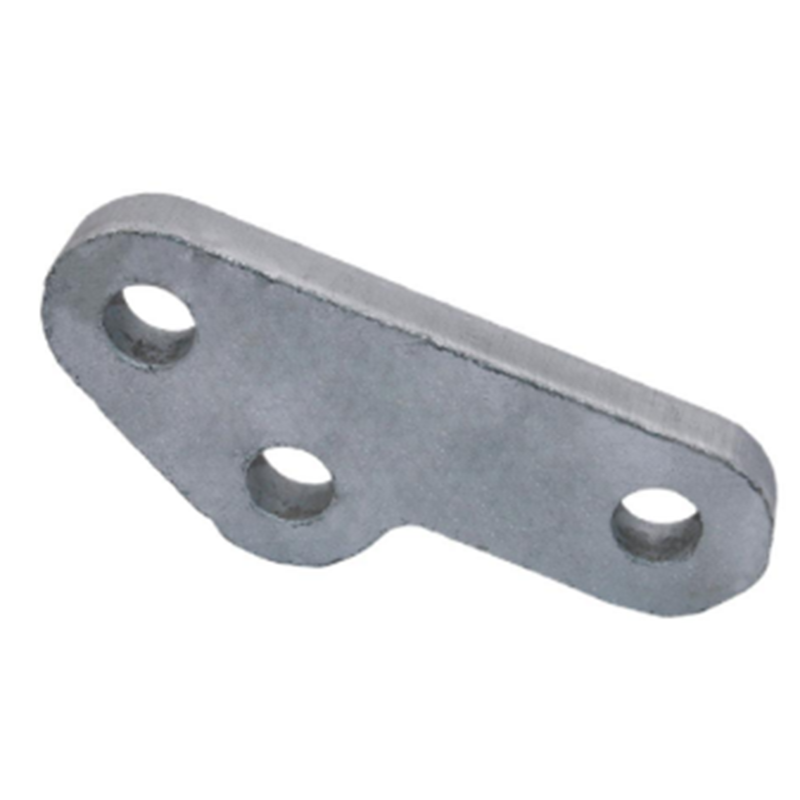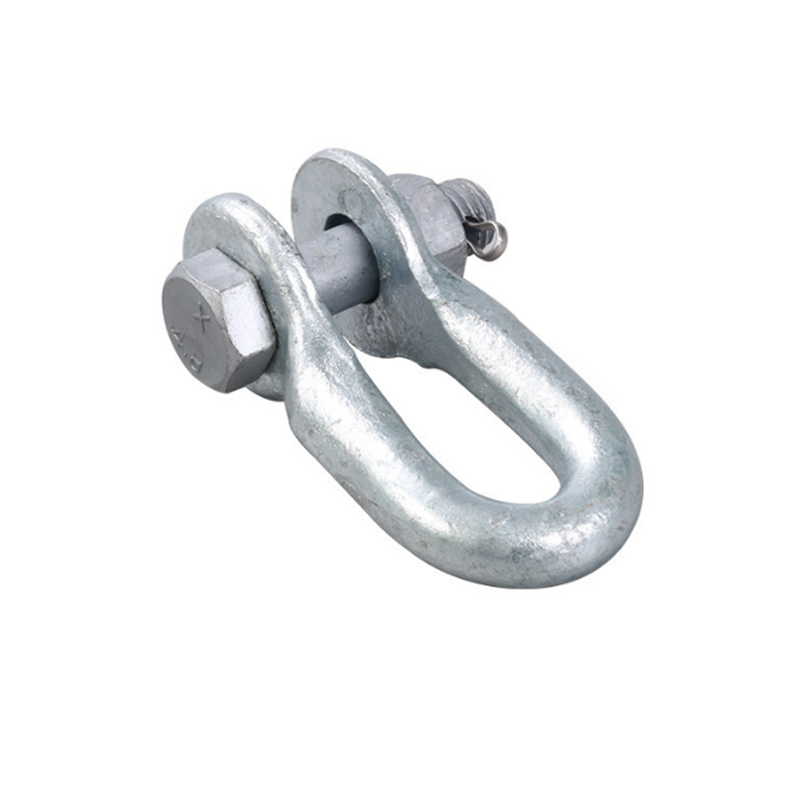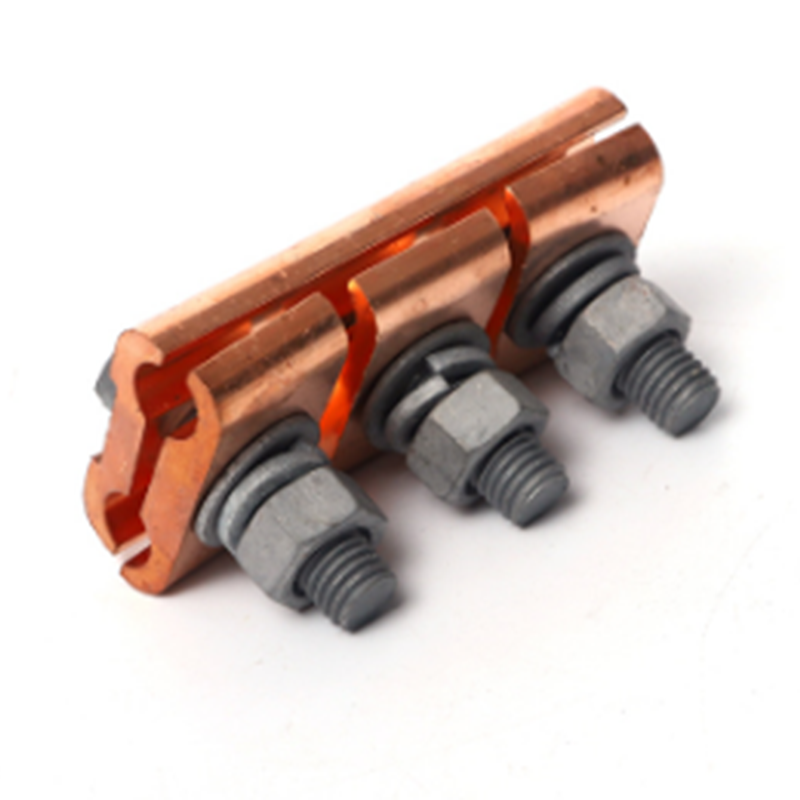- Chinese
- French
- German
- Portuguese
- Spanish
- Russian
- Japanese
- Korean
- Arabic
- Irish
- Greek
- Turkish
- Italian
- Danish
- Romanian
- Indonesian
- Czech
- Afrikaans
- Swedish
- Polish
- Basque
- Catalan
- Esperanto
- Hindi
- Lao
- Albanian
- Amharic
- Armenian
- Azerbaijani
- Belarusian
- Bengali
- Bosnian
- Bulgarian
- Cebuano
- Chichewa
- Corsican
- Croatian
- Dutch
- Estonian
- Filipino
- Finnish
- Frisian
- Galician
- Georgian
- Gujarati
- Haitian
- Hausa
- Hawaiian
- Hebrew
- Hmong
- Hungarian
- Icelandic
- Igbo
- Javanese
- Kannada
- Kazakh
- Khmer
- Kurdish
- Kyrgyz
- Latin
- Latvian
- Lithuanian
- Luxembou..
- Macedonian
- Malagasy
- Malay
- Malayalam
- Maltese
- Maori
- Marathi
- Mongolian
- Burmese
- Nepali
- Norwegian
- Pashto
- Persian
- Punjabi
- Serbian
- Sesotho
- Sinhala
- Slovak
- Slovenian
- Somali
- Samoan
- Scots Gaelic
- Shona
- Sindhi
- Sundanese
- Swahili
- Tajik
- Tamil
- Telugu
- Thai
- Ukrainian
- Urdu
- Uzbek
- Vietnamese
- Welsh
- Xhosa
- Yiddish
- Yoruba
- Zulu
- Kinyarwanda
- Tatar
- Oriya
- Turkmen
- Uyghur

Washer bolt
html
The Versatile World of Washer Bolts
Washer bolts might not be the first thing that comes to mind in construction or manufacturing, yet their significance is immense. From avoiding joint loosening to distributing loads evenly, these small components play pivotal roles. This article dives into the functionality, challenges, and nuances associated with washer bolts, tapping into experiences from the field.
Understanding Washer Bolts
At first glance, a washer bolt might appear straightforward: a bolt accompanied by a washer. However, the complexities begin when we delve into materials, environments, and applications. From my experience working with construction hardware, the type of washer often dictates the stability and longevity of the assembly. For instance, choosing between a spring washer and a flat one isn't merely picking what's available but assessing the load and movement the joint will endure.
Many beginners in the industry mistakenly use washers interchangeably, disregarding these nuances. During a project at Shengfeng Hardware Fastener Factory, we had to revisit installations because the wrong type led to joint failures under stress. Such firsthand lessons stress the importance of picking the right specifications.
Interestingly, the location of a project can heavily influence washer bolt choice. Regions with higher humidity might require stainless steel components, while areas prone to extreme cold might push us towards specific coatings or materials to prevent brittleness.
Practical Challenges with Washer Bolts
A recurring issue I’ve encountered is washer misalignment, which often results from hasty installations. In an instance at a site in Hebei, misaligned washers in a steel framework led to significant torque loss. Rectifying these misalignments can be costly both in time and resources.
Another complication is dealing with varied bolt sizes. At Shengfeng Hardware, we stock over 100 specifications, yet there are always those requests that fall outside standard ranges. This unpredictability means maintaining agility in sourcing or producing custom sizes quickly—a vital factor in meeting tight project deadlines.
The torque applied during installation also plays a crucial role. Misjudging the force can either damage the washer, compromising its function, or fail to adequately secure the bolt, leading to future failures. Training and experience significantly mitigate these mishaps, but occasional oversight does occur.
Selecting the Right Material
Material selection for washer bolts is another arena where technical judgment is essential. In conditions with corrosive exposures, choosing galvanised steel over plain carbon steel can mean the difference between a tenacious hold and a corroded failure. Visiting plants, including the one at Yongnian District, reveals the meticulous processes involved in ensuring quality finishes on washers.
I recall a project involving marine environments where improper material led to rapid rusting, causing significant setup delays. The solution? A switch to high-grade stainless steel washers, which though pricier, offered durability and resilience.
Understanding the chemical interactions between different metals in close contact also aids in preventing unwanted galvanic responses, an aspect often overlooked until tangible damage appears.
Improving Installation Practices
Efficient installation practices for washer bolts can significantly reduce maintenance overhead. During a training session at Shengfeng Hardware Fastener Factory, I emphasized the importance of sequential tightening—a simple yet commonly neglected method to ensure even load distribution. Options for torque wrenches with digital interfaces are becoming popular, facilitating accurate torque measurements.
On-site, rapid installations often skip comprehensive checks, which can result in future operational issues. Vendors like https://www.sxwasher.com advocate for periodic training and skill refreshing to minimize such risks.
Furthermore, documentation of installation procedures and feedback loops with manufacturers assists in developing better, specific solutions, adapting to evolving project requirements more efficiently.
Conclusion and Future Insights
The realm of washer bolts is far more complex and nuanced than it initially appears. The lessons learned from practical experiences emphasize the importance of material selection, correct installation techniques, and environment-specific customization.
Handan Shengfeng Hardware Fastener Factory continuously adapts, offering innovations and ensuring that every washer and bolt can withstand specified requirements, reflecting the real-world challenges faced by industry professionals.
As construction and manufacturing evolve, so too does our understanding of these components, driving us toward smarter and more reliable fastening solutions.
Соответствующая продукция
Соответствующая продукция




